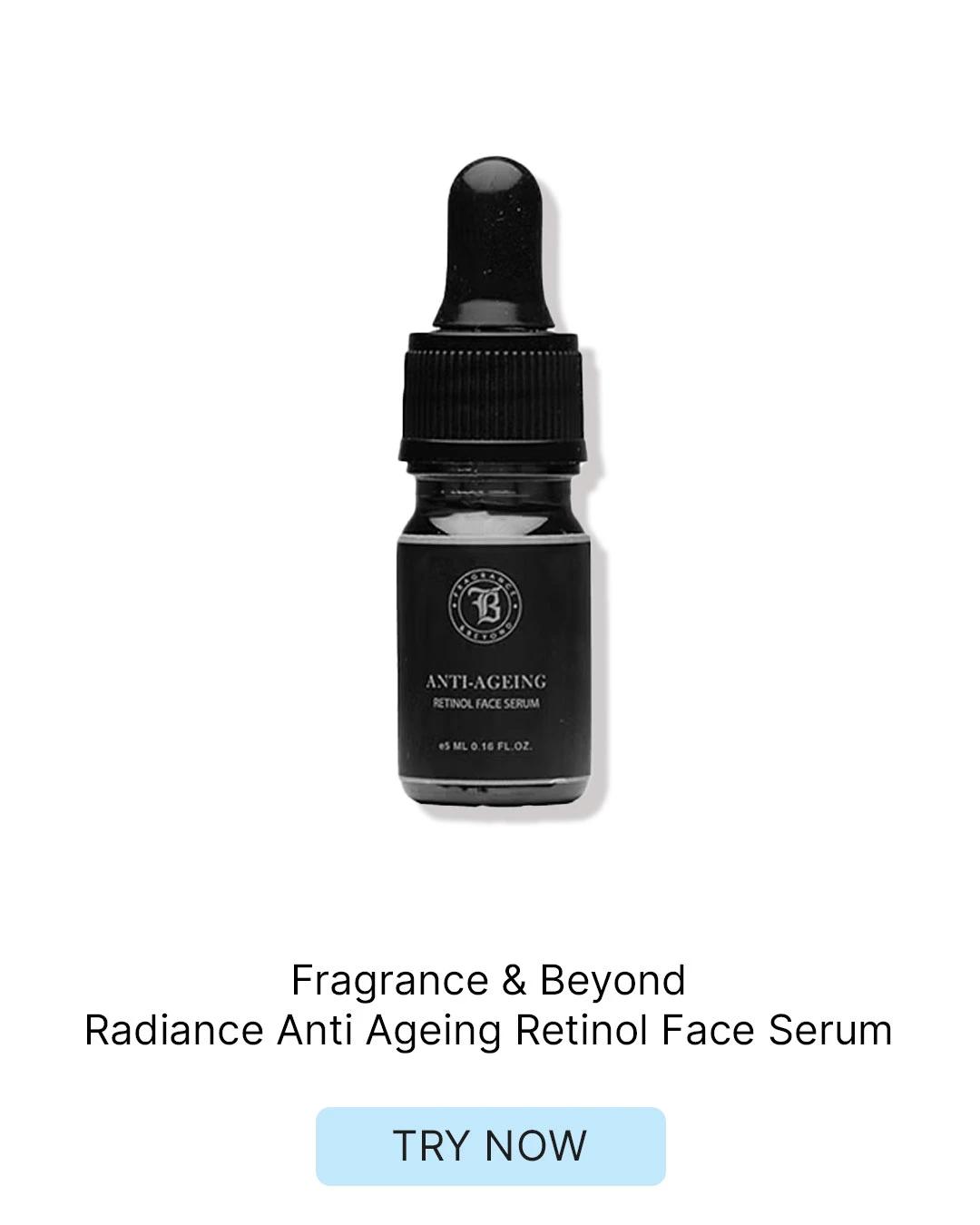Finding Your Perfect Peptide Match
With so many options available, choosing the right peptide products can feel overwhelming. Start by identifying your main skin concerns—are you more worried about fine lines, loss of firmness, or overall skin texture? Different peptides target different issues, so knowing what you want to address will help narrow down your options.
Layering Peptides with Other Ingredients
Peptides are generally compatible with most skincare ingredients, including vitamin C, niacinamide, and hyaluronic acid. However, be cautious with very acidic products (like strong AHAs or BHAs) immediately after applying peptides, as the low pH might affect their stability. When in doubt, use peptides in your morning routine and acids at night.
What's Next for Peptide Technology
The world of peptide skincare keeps evolving, with researchers constantly discovering new ways these molecules can benefit our skin. From improved delivery systems that help peptides penetrate deeper to new peptide combinations that target multiple aging concerns simultaneously, the future looks bright for peptide enthusiasts. Keep an eye out for innovations in encapsulation technology and time-released formulas that could make peptides even more effective.
Frequently Asked Questions
Are peptides safe for all skin types?
Yes, peptides are generally well-tolerated by all skin types, including sensitive skin. They're less likely to cause irritation compared to some other anti-aging ingredients. However, as with any new skincare product, it's worth doing a patch test first, especially if you have very reactive skin.
How long does it take to see results from peptide skincare products?
Most people start noticing improvements in skin texture and hydration within 4-6 weeks of consistent use. For more significant changes like improved firmness and reduced fine lines, you'll typically need to use peptide products for 8-12 weeks. Remember, peptides work gradually to rebuild your skin's structure.
Can peptides replace other anti-aging ingredients like retinol?
Peptides work differently from retinol and other anti-aging ingredients, so they're more complementary than replacements. While retinol speeds up cell turnover, peptides focus on building collagen and improving skin structure. Many people find that using both types of ingredients gives them the best results.
Are natural peptides as effective as synthetic ones?
Both natural and synthetic peptides can be effective, but synthetic versions are often more stable and consistent in their performance. The key is choosing products from reputable brands that use clinically tested peptide forms, regardless of whether they're naturally derived or lab-created.
Final Thoughts
Peptides truly are game-changers in the world of anti-aging skincare. These powerful molecules offer a gentler yet effective approach to maintaining youthful-looking skin, working with your body's natural processes rather than against them. The seven peptides we've covered each bring unique benefits to the table, from smoothing fine lines to improving skin firmness and texture.
The key to success with peptide skincare is consistency and patience. These ingredients work gradually but effectively, building long-term improvements in your skin's health and appearance. Whether you're just starting your anti-aging journey or looking to add something new to your established routine, peptides offer a science-backed solution that's worth exploring.
If you're curious about trying peptide products but don't want to commit to full-size purchases straight away, platforms like Smytten make it easy to discover what works best for your skin. With curated trial packs from trusted skincare brands, you can explore different peptide formulations and find your perfect match without the guesswork. After all, why settle for 'maybe' when you can Try It All and find the peptide products that truly work for you?
